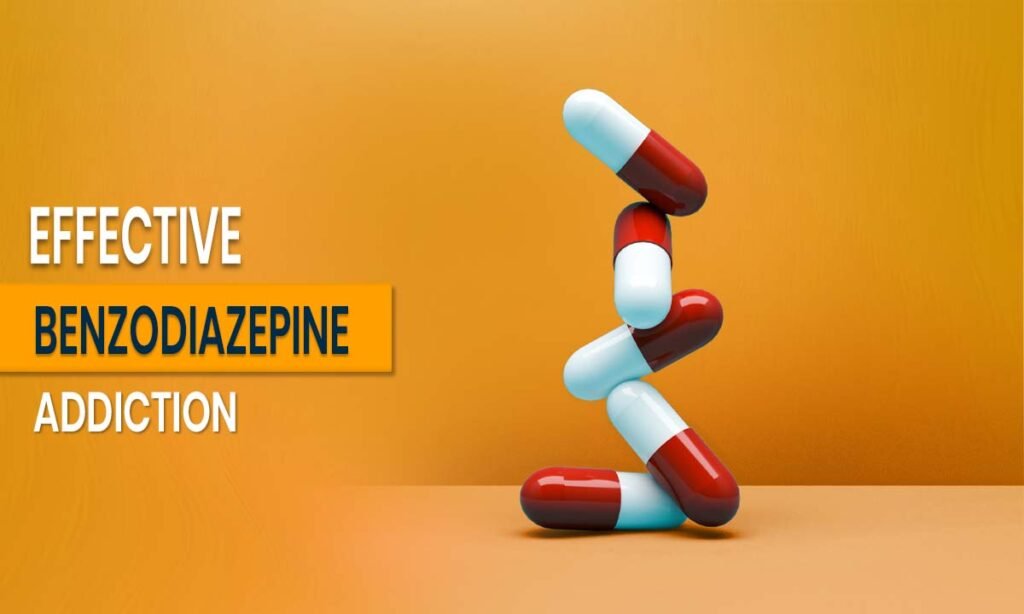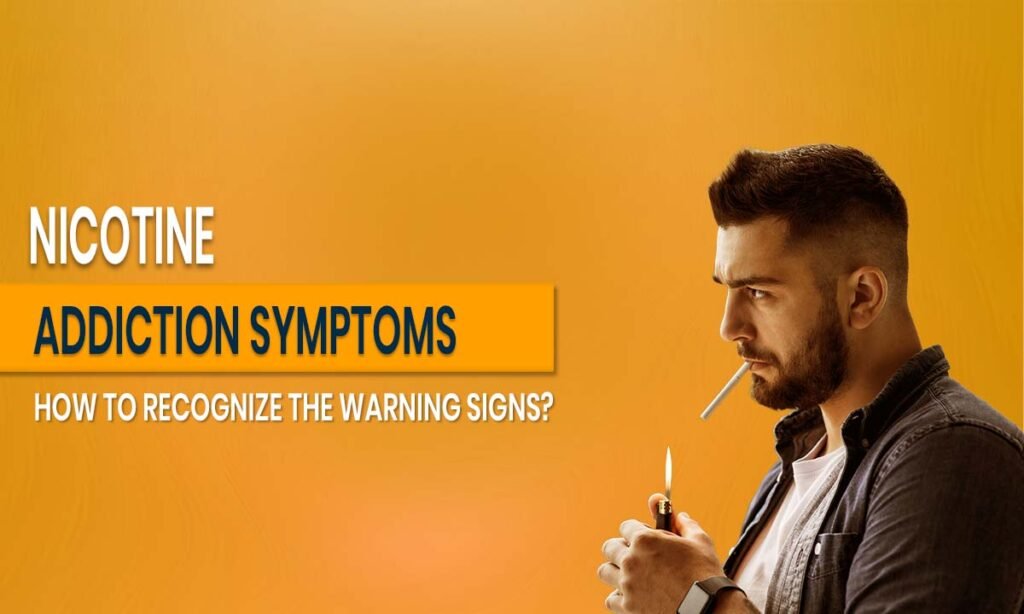
Shopping is an enjoyable activity for many individuals. Individuals shop for celebrating special occasions, therapy methods, or buying regular items; shopping provides an emotional pleasure and works as a reward system. However, when shopping takes over the person completely by the compulsive urge to purchase items, it develops into a serious mental health condition called compulsive buying disorder (CBD) or shopping addiction.
This condition is characterized by the compulsive need and the excessive shopping behavior causing distress in every aspect of a person’s life. This condition is more than occasional overspending, which requires timely intervention and treatment at the best near-me mental hospital for addiction. This article shall explore the types, signs and symptoms, causes, consequences, and the best mental hospital in India for mental health issues.
Types of Shopping Addicts/Addiction
Shopping addiction manifests in a variety of ways, depending on the motivation behind compulsive action. The primary types of shopping addicts based on their addiction type are:
- Compulsive Shoppers: This type includes individuals who shop to overcome negative emotions in life such as anxiety or sadness. They use shopping as an emotional escape or to get relief from temporary pain.
- Trophy Shoppers: These are individuals who shop with an expectation to pursue a rare or the perfect item. This results in a feeling of accomplishment and builds a sense of identity.
- Image Shoppers: Image shoppers are the ones who are influenced by social media and buy items to enhance their social image. They may also invest a huge amount of money in branded products to personify a particular person.
- Bargain Hunters: Bargain hunters are the individuals who are intrigued by the concept of deals and offers. They may simply buy items to benefit from the offer.
- Collector Shoppers: These are the ones who buy items to complete a collection, such as books or cassettes.
- Bulimic Shoppers: Bulimic shoppers are related to eating disorders, where they purchase a huge number of items impulsively and then later item them back.
Causes of Shopping Addiction
Shopping addiction is a multifaceted condition, being caused by a combination of mental, social, and genetic factors. Understanding the root causes of the condition will help you to avail the right treatment at an addiction treatment centre. Common causes include:
- Emotional Coping Technique: Many individuals purchase items to cope with emotional distress such as sadness, loneliness, and pain. This provides a sense of accomplishment and short-term happiness.
- Biological Factors: Shopping releases a brain’s hormone called dopamine, which is known for pleasure and reward principles, causing compulsive behavior to buy products.
- Childhood Experiences: Growing up in an area of financial instability or financial stability may lead one to purchase items in bulk, causing shopping addiction.
- Societal Factors: Other societal factors, such as constant exposure to social media, advertisements, and societal expectations, may also cause shopping addiction, creating a pressure to purchase items to fit in with the group.
- Co-occurring Mental Disorders: Co-occurring mental health conditions such as anxiety, depression, or obsessive-compulsive disorder (OCD) may increase the chances of developing compulsive shopping behavior.
- Genetic Factors: Having a strong family history of shopping addiction may predispose the younger generation to develop a similar kind of condition.
Signs and Symptoms of Shopping Addiction
Shopping addiction often results in a number of behavioral, emotional, social, and environmental signs. Recognizing and understanding these symptoms is highly crucial to avail an effective treatment plan at the best psychiatric hospital in India. Common signs and symptoms include:
Behavioral Symptoms of Shopping Addiction
- Impulsive and uncontrollable spending on products.
- Buying items to overcome stress or other emotions.
- Hoarding of unnecessary items.
- Lying or hiding behavior to avoid guilt and judgment.
Emotional Symptoms of Shopping Addiction
- An experience of excitement or euphoria.
- Experiencing emotions such as guilt or shame after the purchase.
- Emotional dependency on shopping as a source of emotional relief.
- Withdrawal symptoms such as irritability or restlessness when unable to shop.
Financial Symptoms of Shopping Addiction
- Borrowing money or taking loans to fund their shopping habits.
- Prioritizing shopping over other activities like paying rent or bills.
Social Symptoms of Shopping Addiction
- Straining healthy relationships due to addiction.
- Social withdrawal from friends and family due to shame or financial stress.
Consequences of Shopping Addiction
Shopping addiction impacts an individual’s overall health, affecting all aspects of the person. Consequences include:
- Financial Consequences: Shopping addiction causes an increase in spending, causing extreme financial debts, and may also lead to loss of property or savings.
- Emotional Distress: Excessive spending causes a consistent feeling of shame, guilt, and embarrassment, which can in turn lead to low self-esteem and a search for identity. One can also experience anxiety, stress, and persistent worry due to the shopping behavior.
- Relationship Issues:Financial instability can cause arguments and conflicts within the household, leading to distrust and dishonesty. A shopping addict may also socially withdraw themselves due to the fear of being judged or criticized.
- Occupational Consequences:Shopping addiction may reduce one’s productivity and also cause the loss of a job as the individual remains preoccupied with shopping behavior. This may also lead to poor performance at school or career instability.
- Legal Complications:In severe cases, one may also engage in unethical means such as stealing to sustain the addiction, causing severe legal consequences.
Treatment Options for Shopping Addiction
Shopping addiction often requires a constant effort by psychiatrists at a mental hospital to treat the condition. Some of the treatment methods used in a mental health clinic are:
- Psychotherapy to Treat Shopping Addiction: Cognitive Behavioral Therapy (CBT) helps an individual to identify and change the negative thought patterns causing the addiction into positive and healthy methods. Dialectical Behavior Therapy (DBT) is also used to help one focus on emotional management and stress reduction techniques. A rehab center for shopping addiction also focuses on identifying the unresolved emotional conflict causing the compulsive behavior.
- Medication Management Used in a Rehab: Mood stabilizers and antidepressants are often used in a psychiatric center to manage the symptoms caused by compulsive shopping behavior, such as restlessness, anger issues, sadness, or impulsivity.
- Support Group Networks to Help One with Shopping Addiction: A rehabilitation center for shopping addiction often organizes support group discussions, allowing one to express their thoughts without the fear of being judged and criticized. This provides a platform of responsibility, accountability, and learning experience.
- Financial Counselling Used in a Rehabilitation Centre: Financial counsellors in a hospital help the individual to better understand financial management and create budget plans for a healthier future.
- Complimentary Methods to Treat Shopping Addiction: Incorporating holistic methods in treatment plans, such as yoga, mindfulness practice, and art and music therapy, may provide an individual with a clear insight and help one to be more resilient towards triggers.
Athena Luxus is the Shopping Addiction Rehab Center in Delhi NCR
Athena Luxus is the Shopping Addiction Rehab Center in Delhi, NCR, India, serves as the best center in India for shopping addiction. It is located in a serene and a protected environment, making it the right choice for quicker recovery and healing. Athena Luxus conducts a thorough evaluation to assess the individual’s psychological condition and further prepares a personalized plan catering to each individual’s unique needs.
The best mental hospital for shopping addiction also has a team of experienced professionals, including psychiatrists, psychologists, and social workers who combine evidence-based treatment methods into holistic approaches, providing the best recovery and overall well-being of the person. They also recognize the importance of family therapy in treatment programs and conduct regular psychoeducation sessions for the patient and their loved ones, creating an environment of support and understanding.
Also, their aftercare program ensures that the chances of relapses are reduced and the individual achieves the overall well-being and progress required to sustain a healthier life. To contact Athena Luxus, dial +91 9718921212 or email customercare@athenabhs.com.
Conclusion
Shopping addiction is a serious mental health condition, affecting the individual’s social, emotional, and financial health. Untreated shopping addiction can have far-reaching consequences, consuming the person completely. Recognizing and identifying the signs and symptoms and also the root causes of the disorder, one can take the first step towards recovery and lead an addiction-free life. Athena Luxus in Delhi stands as a beacon of home, providing world-class treatment and care for overall well-being. If you or your loved one is struggling with shopping addiction, choose the right center for treatment and take the best step for a brighter future.
Frequently Asked Questions
-
Can shopping addiction be developed due to genetic factors alone?
There is no such strong research finding that has established the fact that shopping addiction develops solely due to genetic factors. However, biological causes may be one factor for the condition. Other factors include environmental and psychological causes.
-
Is shopping addiction completely curable?
Yes, shopping addiction can be cured by reducing the impulsive and other behaviors related to the causes. Also, identifying the root causes of the mental health disorder.
-
Can shopping addiction be linked to personality traits?
Yes, shopping addiction may be linked to specific personality traits such as low self-esteem, impulsivity, or need for validation.
-
Can shopping addiction cause other behavior or mental health issues such as anxiety and depression?
Yes, shopping addiction is highly related to co-occurring mental health conditions such as anxiety, depression, eating disorders, and suicidal ideation.
-
What is the usual cost for the treatment of shopping addiction in a rehabilitation center?
The cost solely depends on individual preferences, treatment options, and the center chosen for the treatment. One must visit the official website or contact the admin of the mental health clinic to get the accurate information.

